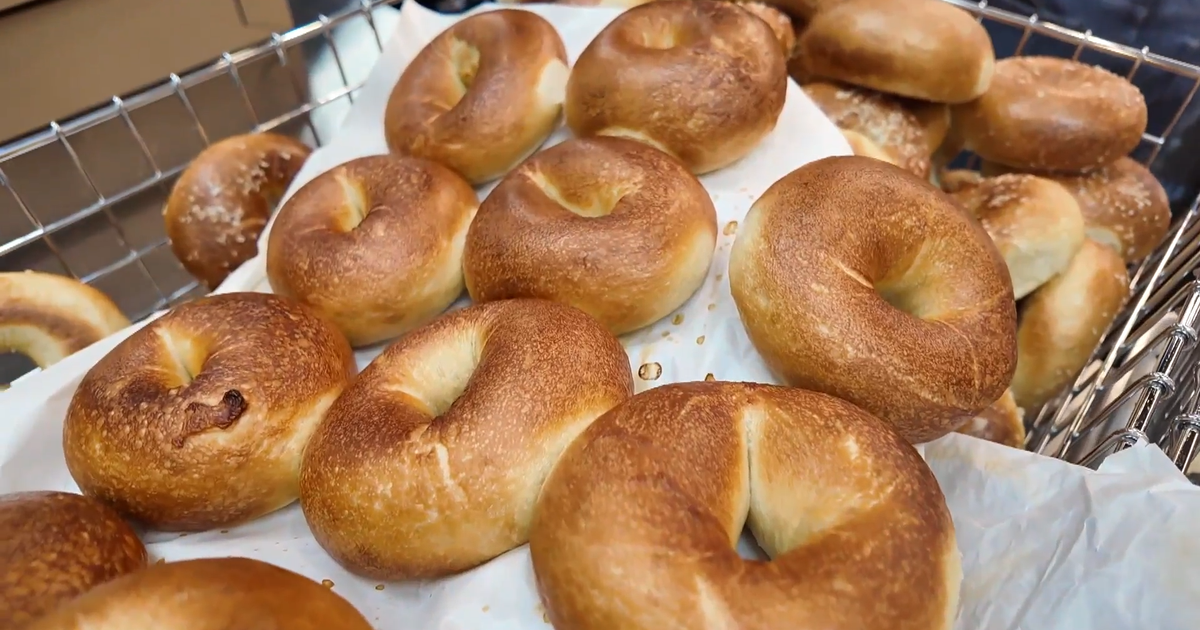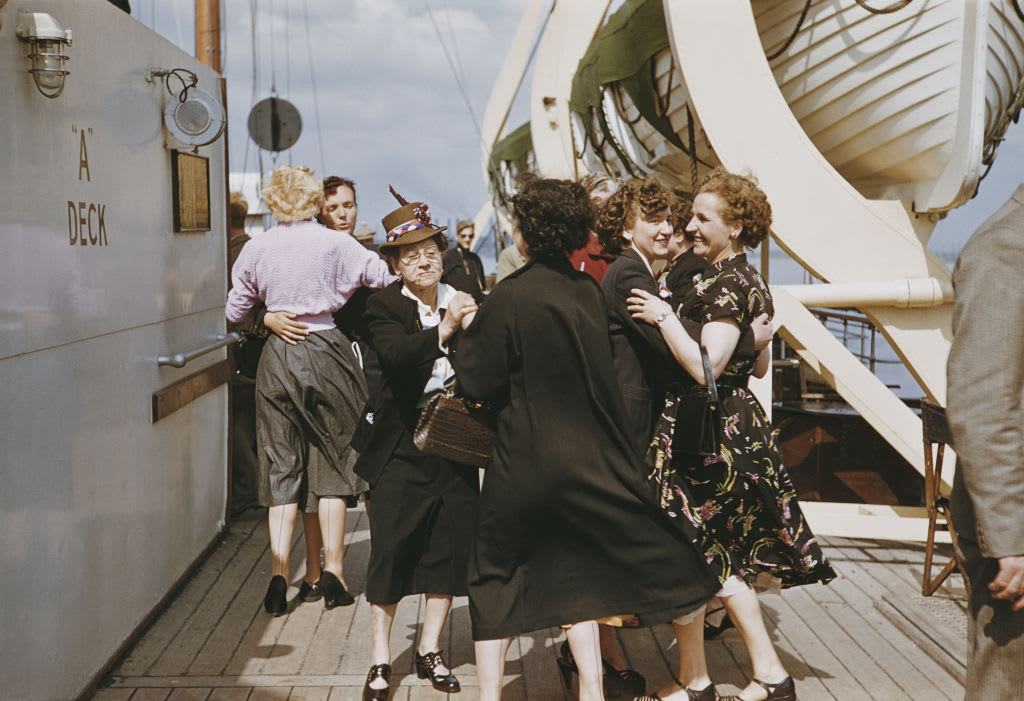Dancing Wheels
Mary Verdi-Fletcher believes that someone who is an artist is an artist from the day he or she is born. So it is no surprise that 20 years ago Mary Verdi-Fletcher, who was born with spina bifida and is confined to a wheelchair, founded Dancing Wheels. CBS News Sunday Morning Correspondent Eugenia Zuckerman has the inspirational story.
As the curtain goes up on a performance of Cleveland Ballet Dancing Wheels, an expectant hush comes over the audience.
Dancer Mary Verdi-Fletcher explains, "I think when you hear wheels and ballet and dance and you put that all together, somehow it doesn't make sense to you if you've never seen it."
But once you see Dancing Wheels it makes perfect sense. Dancers in wheelchairs--called "sit-down dancers"--are creating a new vocabulary of dance on stage with stand-up dancers.
Mary Verdi-Fletcher was born with spina bifida. Both of her parents were performers, and Mary dreamed of dancing from the time she was four.
"I just remember wanting to dance,"
says Mary. "Someone who is an artist has that in them from the day they're born. It's something that's in their spirit, and in their soul. So I always danced. No matter what."
Dancing Wheels began almost 20 years ago. At first it was Mary and a partner dancing at nursing homes and conventions. But her artistry and vision caught on. Ten years ago a full-fledged dance company was born when Dancing Wheels became the outreach and educational arm of the Cleveland Ballet.
Sabatino Verlazza, the co-artistic director and principal choreographer of Dancing Wheels, was impressed the first time he saw a sit-down dancer. "The glide and the speed and the turns. It waone of the most beautiful things I ever saw," says Sabatino. "The possibilities I found--it was like a treasure chest. Particularly that every dancer is different, and every chair is different. Every disability is different. The weight is different."
Mary says, "We basically look for the same things in our sit-down dancers and stand-up dancers. It's their strength, their agility, and their ability to move."
Marcy Ryan, another Dancing Wheels performer, learned to dance at a company-sponsored summer dance workshop. She says, "I was born with my disability. It's a spinal cord injury at birth. I think the whole process of learning to be a dancer and partner with people definitely took a lot of time for me. The chair is definitely part of the motion, and a part of what we're trying to achieve."
Michael Medcalf was a little hesitant about joining a company where some of the dancers were in wheelchairs but now he finds the creative possibilities endless.
Michael says, "If I'm partnering with Marcy, I'm dancing with two other people in a duet. So it's been challenging for me in trying to figure out how close do I get to the chair when we're working together? How far apart do I stay?"
For Dana Tozer, discovering Dancing Wheels was a dream come true. Dana had been a stand-up dancer for l8 years before she broke her back in an automobile accident. "I'm back into a field that I thought that chapter was closed in my life," says Dana. "I didn't know that there was an avenue that I could take to get back into it."
Dancing Wheels performs about 150 lecture/demonstrations a year. The company also performs full-length repertory concerts throughout the world.
According to Mary, "People have come and said, 'Oh, God, I totally changed my mind about my perceptions of disability and of dance.' And they said, 'The next time I see a person rolling down the street in their wheelchair, I'm not going to say, that poor guy or that poor girl. I'm going to say, I wonder if they're a dancer. Or, I wonder if they're a lawyer or a doctor'."
On Tuesdays and Thursdays in Cleveland, Dancing Wheels offers community classes. Later this year, Mary Verdi-Fletcher hopes to open a school for the performing arts.
"Advise all people to move," she urges. "Whether you're a stand-up or a sit-down, whether you have a hearing disability or a visual impairment. No matter what. It's certainly my life. I can't think of anything I would want to do or rather do than dance."
1999 CBS Worldwide Corp. All rights reserved. This material may not be published, broadcast, rewritten, or redistributed



